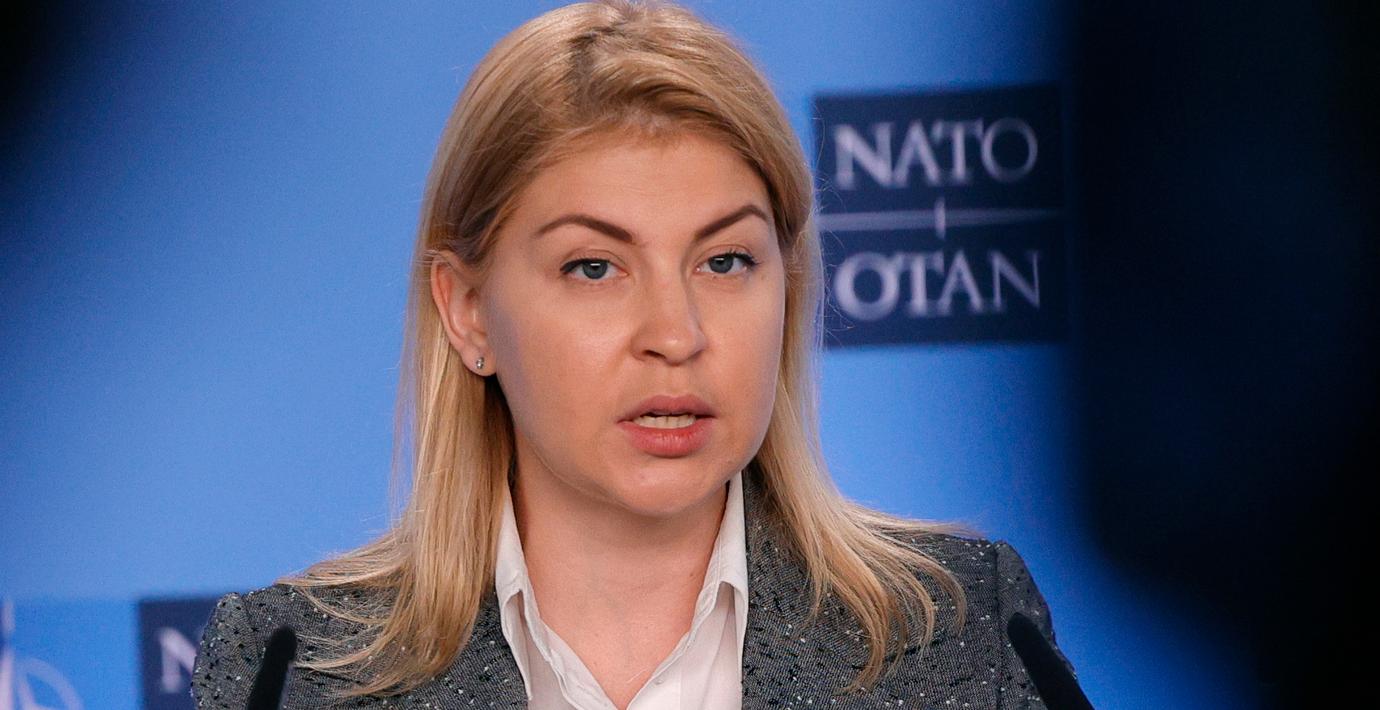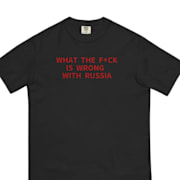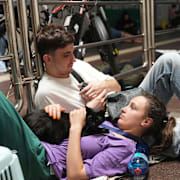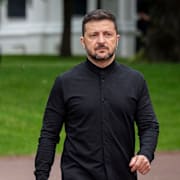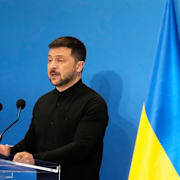bakgrund
Ukraine–European Union relations
Wikipedia (en)
Relations between the European Union (EU) and Ukraine are shaped through the Ukraine–European Union Association Agreement and the Deep and Comprehensive Free Trade Area (DCFTA). Ukraine is a priority partner within the Eastern Partnership and the European Neighbourhood Policy (ENP). The EU and Ukraine have been seeking an increasingly close relationship, going beyond co-operation, to gradual economic integration and deepening of political co-operation.The association agreement was initiated in 2012, but the Ukrainian government suspended preparations for signing the association agreement on 21 November 2013, during the presidency of pro-Russian Viktor Yanukovych, who attended the EU summit in Vilnius on 28–29 November 2013 where the association agreement was originally planned to be signed but it was not. The decision to put off signing the association agreement led to the pro-EU Euromaidan movement. These led to the removal of Yanukovych and his government by parliament after the 2013–2014 Ukrainian revolution in February 2014.The political part of the Association Agreement was signed on 21 March 2014 by the new Prime Minister, Arsenii Yatseniuk. Meanwhile, the EU has attempted to stabilize Ukraine by freezing assets of allegedly corrupt Russians and Ukrainians and by granting financial aid to Ukraine. The economic part of the Ukraine–European Union Association Agreement was signed on 27 June 2014 by the new president, Petro Poroshenko. On 1 January 2016, Ukraine joined the DCFTA with the EU. Ukrainian citizens were granted visa-free travel to the Schengen Area for up to 90 days during any 180-day period on 11 June 2017 and the Association Agreement formally came into effect on 1 September 2017. On 21 February 2019, the Constitution of Ukraine was amended, the norms on the strategic course of Ukraine for membership in the European Union and NATO are enshrined in the preamble of the Basic Law, three articles and transitional provisions. On 28 February 2022, during the 2022 Russian invasion of Ukraine, Ukrainian President Volodymyr Zelenskyy officially signed an EU membership application for Ukraine. Prime Ministers Mateusz Morawiecki of Poland, Janez Janša of Slovenia and Petr Fiala of the Czech Republic, all being member states of the European Union, visited Kyiv and met with Ukrainian President Volodymyr Zelenskyy to express their solidarity and support to Ukraine during the invasion.
Ukraine has shared borders with four EU member states—Hungary, Poland, Slovakia, and Romania—that stretch about 2,235 kilometres (1,389 mi) in total, with 33 border crossings by road, rail, ferry, and walking and bicycle path.
